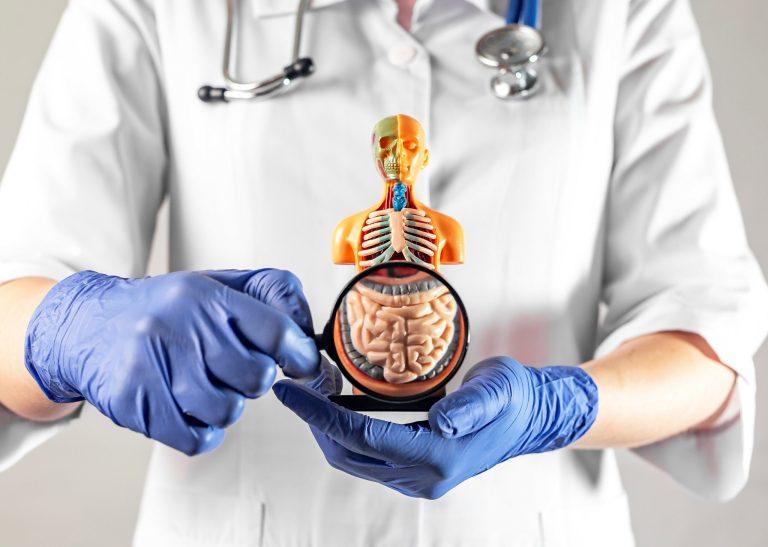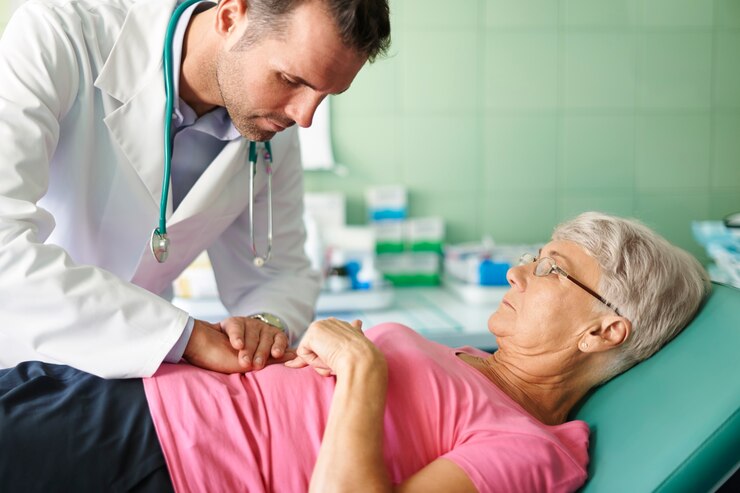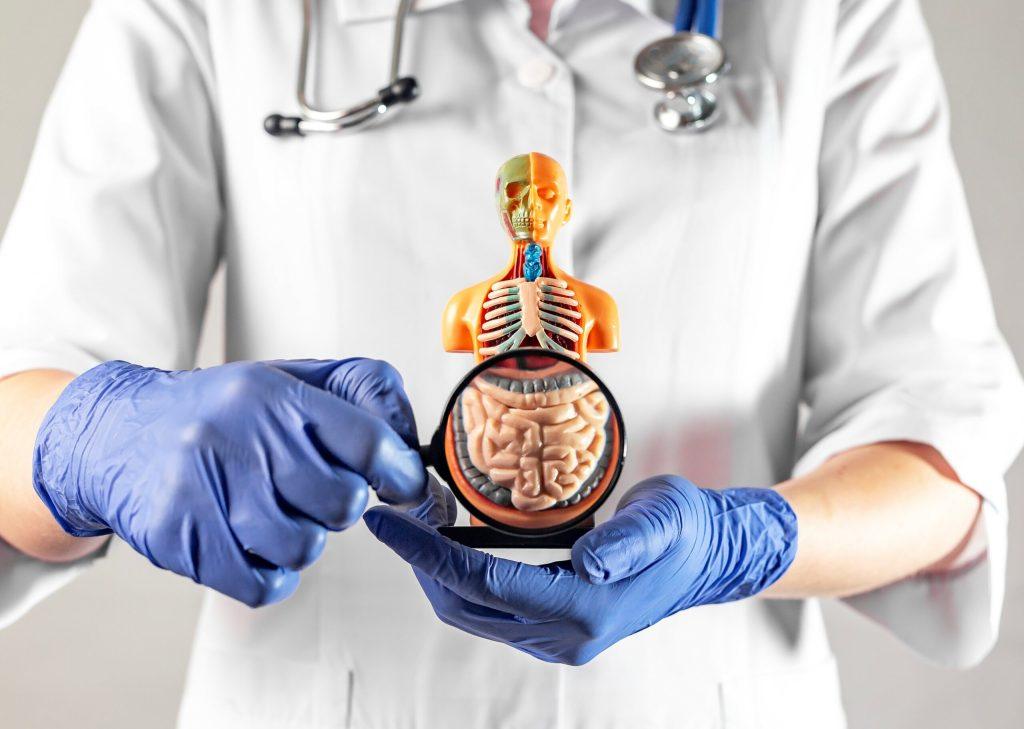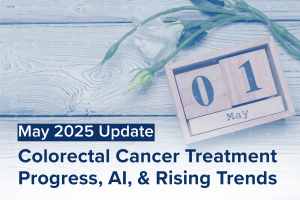Schedule Your Procedure Today
-
All-Inclusive Service
-
Board-Certified Physicians
-
Transparent Pricing
Schedule Your Procedure Today
- All-Inclusive Service
- Board-Certified Physicians
- Transparent Pricing
Table of Contents
ToggleWhat is a Colonoscopy Procedure?
A colonoscopy is a medical procedure in which a long, thin, flexible tube with a camera and a light attached (a colonoscope) is inserted into the rectal area and advanced through the large intestine (colon).
This allows a physician to directly visualize the lining of the entire colon and look for abnormalities such as colon polyps, ulcers, tumors, and areas of inflammation or bleeding. It is a crucial tool for colorectal cancer screening and the diagnosis of various bowel diseases.
It is a crucial tool for colon cancer screening and the diagnosis of various bowel diseases, including inflammatory bowel disease.
Who Does a Colonoscopy Procedure?
A colonoscopy is typically performed by a physician who specializes in diseases of the gastrointestinal system. This is usually a gastroenterologist. In some settings, general surgeons who have specialized training in endoscopy may also perform colonoscopies.
These medical professionals have the expertise to safely guide the colonoscope, interpret the images, and perform necessary interventions like polyp removal or biopsies.
How is a Colonoscopy Procedure Done?
Before the procedure, the patient undergoes bowel preparation (bowel prep) to ensure the colon is clean and clear for optimal visualization. Often, a laxative is prescribed for this. During the colonoscopy:
- The patient typically lies on their side on an examination table.
- Sedation and/or pain medication are usually administered to help the patient relax and minimize discomfort. This often involves anesthesia.
- The colonoscope is gently inserted into the rectum and advanced through the colon.
- Air or carbon dioxide may be introduced into the colon to inflate it and provide a better view.
- The camera transmits images of the colon lining to a monitor, which the physician examines.
- If any abnormalities, such as polyps, are found, they can often be removed through the colonoscope using specialized tools (polypectomy).
- Biopsies (small tissue samples) can also be taken for further examination under a microscope.
- Once the entire colon has been examined, the colonoscope is slowly withdrawn.
How Long is a Colonoscopy Procedure?
The colonoscopy procedure itself is typically relatively short, usually taking between 20 to 30 minutes. However, the total time spent at the facility will be longer due to preparation before the procedure (e.g., IV placement, anesthesia administration) and recovery time afterward as the sedative wears off.
Is a Colonoscopy Considered a Surgical Procedure?
While a colonoscopy is an invasive procedure, it is generally not considered a major surgical procedure. It’s an endoscopic procedure, which means it involves using a scope to visualize internal organs.
If polyps are removed or biopsies are taken, these are minor interventions performed during the colonoscopy. Major surgery typically involves larger incisions and more extensive tissue manipulation.
What is the New Procedure Instead of a Colonoscopy?
There isn’t one single “new procedure” that entirely replaces colonoscopy for all purposes, but there are alternative colon cancer screening methods. These include:
- Cologuard: A non-invasive, at-home stool DNA test.
- Fecal Immunochemical Test (FIT): A non-invasive at-home stool test that looks for blood.
- CT Colonography (Virtual Colonoscopy): Uses X-rays and computer technology to create images of the colon.
- Flexible Sigmoidoscopy: Similar to a colonoscopy but only examines the lower part of the colon (sigmoid colon).
These alternatives have their own advantages and disadvantages regarding sensitivity, the ability to remove polyps, and the extent of the colon visualized.
Colonoscopy remains the gold standard for colorectal cancer screening and diagnosis because it allows for direct visualization of the entire colon and the ability to remove polyps and take biopsies during the procedure.
It’s important to consider risk factors, and for many, a first screening at age 45 is recommended.
Want to Learn More About the Colonoscopy Procedure?
Check out some of our blog posts:
- Colonoscopy Prep Tips: Guide to A Smooth Procedure
- Insurance and Colonoscopy: Understanding Your Coverage
- Common Questions to Ask After a Colonoscopy
- Patient Stories: Real Experiences with Colonoscopy
- Exploring Colon Polyps: Types, Risks, and Prevention
- Navigating Anxiety: How to Mentally Prepare for a Colonoscopy
- How to Lower the Cost of a Colonoscopy Without Insurance



























